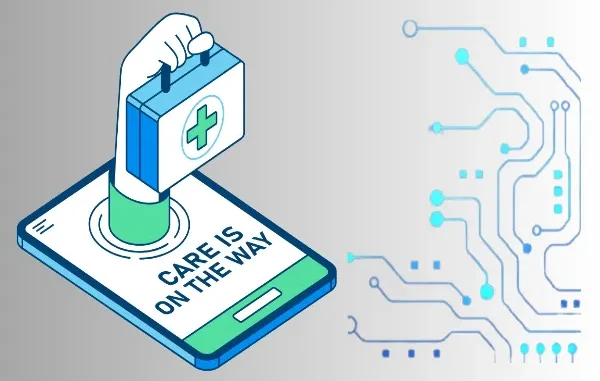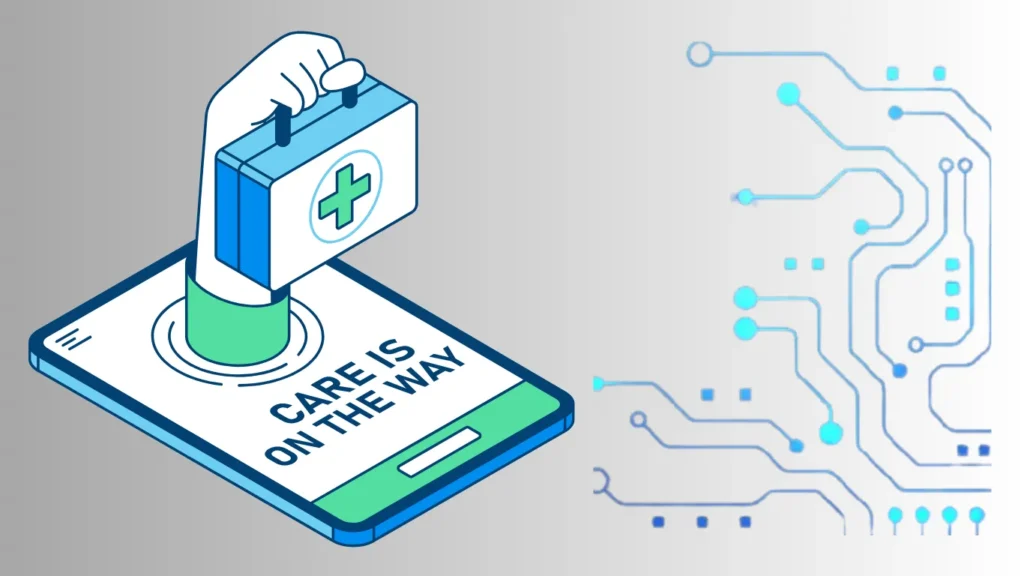
In today’s fast-paced world, health and wellness have taken center stage. As people become more conscious of their well-being, they are turning to technology for innovative solutions. Whether it’s tracking daily steps, monitoring heart rates, or learning essential life-saving skills like CPR, the digital revolution is reshaping how we approach health. In fact, enrolling in CPR courses Los Angeles can now be as easy as signing up online, giving people immediate access to life-saving training at their convenience.
The Rise of Digital Health Tools
The integration of technology into healthcare has grown significantly in recent years. From mobile health apps to wearable fitness trackers, digital health tools are making it easier for individuals to take charge of their health.
- Fitness Wearables: Devices like Fitbit, Apple Watch, and Garmin track vital statistics, helping users monitor their physical activity, heart rate, and sleep patterns.
- Mobile Health Apps: Apps such as MyFitnessPal and Headspace offer personalized health insights, from calorie tracking to guided meditation.
- Telemedicine: Virtual doctor visits have made healthcare more accessible, reducing the need for in-person appointments.
- Smart Home Health Devices: Blood pressure monitors, glucose meters, and connected thermometers help individuals track their health from home.
These digital advancements empower individuals to make informed decisions about their health, bridging the gap between traditional healthcare and personal wellness.

Telemedicine: Healthcare at Your Fingertips
One of the most significant advancements in modern healthcare is telemedicine. Virtual consultations allow patients to connect with healthcare professionals from the comfort of their homes. This is particularly beneficial for those with mobility challenges or individuals living in remote areas.
Benefits of Telemedicine:
- Convenience: No need to commute or wait in crowded clinics.
- Cost-Effective: Reduces medical expenses by cutting down on travel and hospital visits.
- Accessibility: Helps those who live in rural or underserved areas receive medical attention.
- Continuity of Care: Enables regular follow-ups and monitoring for chronic illnesses.
As telemedicine continues to grow, it plays a vital role in improving healthcare efficiency and making medical services more patient-centered.
The Role of Artificial Intelligence in Healthcare
Artificial Intelligence (AI) is transforming healthcare by analyzing vast amounts of data to identify patterns and provide personalized recommendations.
AI-Powered Innovations:
- Predictive Diagnostics: AI algorithms can detect early signs of diseases like cancer and diabetes.
- Virtual Health Assistants: Chatbots and AI-driven apps offer guidance on symptoms and health conditions.
- Automated Medical Records: AI simplifies documentation, making it easier for doctors to access patient histories.
- Robotic Surgery: AI-assisted robotics enhance precision in complex medical procedures, reducing recovery time.
These advancements streamline the healthcare process, improving both efficiency and patient outcomes.
Learning Life-Saving Skills Online
Technology is not only improving medical treatments but also making critical skills more accessible. Online platforms now offer CPR training courses that individuals can complete at their own pace.
Why Learn CPR Online?
- Flexibility: Learn at your convenience, without the need to attend in-person classes.
- Interactive Training: Video tutorials and virtual simulations make learning engaging.
- Certification: Many online CPR courses provide official certification recognized by medical organizations.
- Real-World Applications: Knowing CPR can help save lives in everyday emergencies, from home incidents to workplace accidents.
The Future of Healthcare Technology
The future of healthcare is bright, with continued advancements in technology reshaping the industry. Some trends to watch include:
- Wearable Biosensors: Devices that continuously monitor glucose levels, blood pressure, and oxygen saturation.
- Blockchain for Health Records: Secure and decentralized storage of medical records to enhance privacy and accessibility.
- Personalized Medicine: Tailored treatment plans based on genetic profiling and AI-driven analysis.
- 3D Printing in Medicine: Custom prosthetics, implants, and even bio-printed organs are revolutionizing patient care.
As technology evolves, the goal remains the same: to improve healthcare accessibility, efficiency, and effectiveness for everyone.
Conclusion
The intersection of technology and health is creating a future where medical care is more personalized, accessible, and efficient. From CPR courses to AI-driven diagnostics, these innovations are making a profound impact on how we maintain and improve our well-being. By embracing these advancements, we can take proactive steps toward a healthier future, ensuring that life-saving knowledge and medical care are within reach for all. Whether through digital health tools, telemedicine, or online CPR courses, the integration of technology into healthcare is a game-changer that continues to evolve and improve lives worldwide.






Leave a Reply